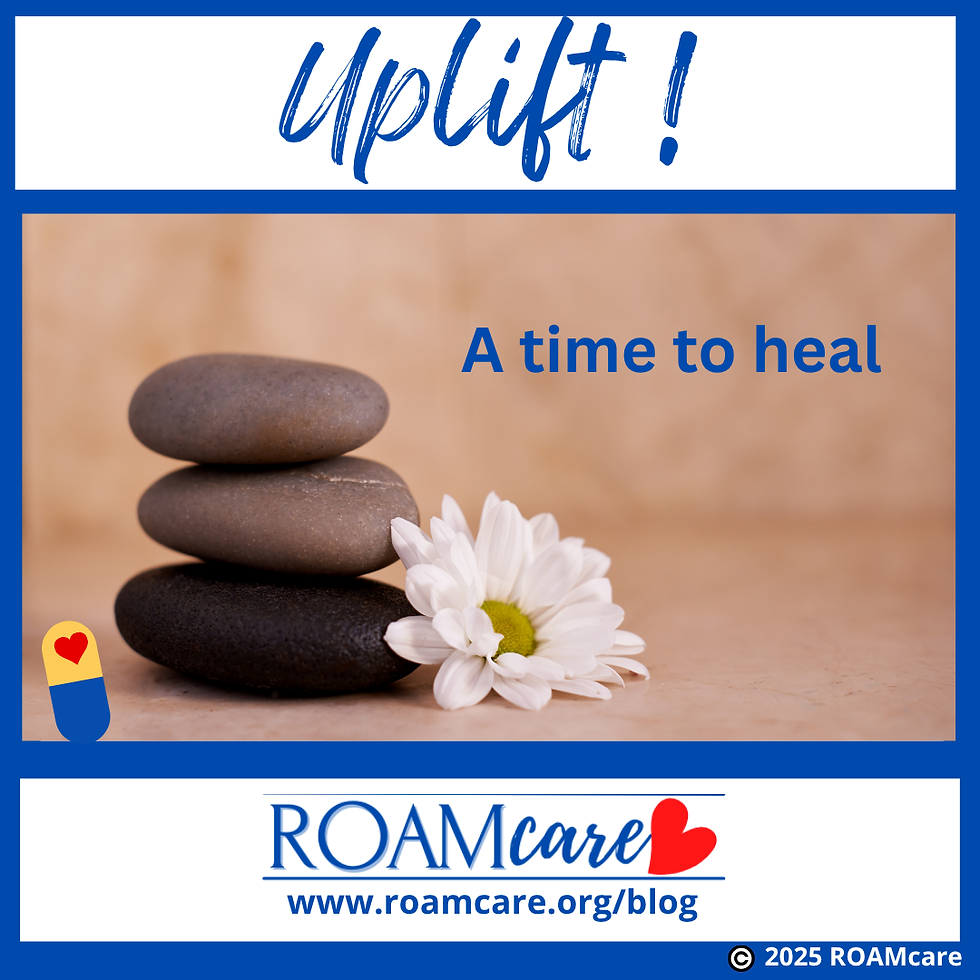Learning, to be happy
- roamcare
- Jul 10, 2024
- 3 min read
Diem and Michael not only live on opposite sides of the country, but they also live opposite each other on the “what to keep, what to get rid of” spectrum. Michael just completed a cleanout of his catchall extra bedroom and uncovered a box of 3&1/2 inch floppy disks, all appropriately and legibly labeled just waiting for a 1990s computer to release their treasures, and not the only such find. Diem takes a more minimalistic approach to home accessories. If a new one comes in, an old one (usually) goes out.
As different as we are when it comes to our physical spaces, we treat out mental storage places almost identically and there, hoarding is acceptable. Hoarding of information and experiences. Learning as much as we can for as long as we can.
The idea of learning throughout a lifetime has been with us since humans began learning. The United Nations Educational, Cultural, and Scientific Organization (UNESCO) has stimulated the discussion of lifelong learning through various reports and projects since the 1970s. In their report Learning: The Treasure Within, Delors, et. al. called learning through a lifetime, “the ‘heartbeat’ of a society,” as saw it resting on four pillars – learning to know, learning to do, learning to be, and learning to live together. (Report to UNESCO, 1996)
We find ourselves learning something every day. We have never restricted our learning to our formal education programs. We consider learning to be a benefit of living.
When Diem found her yard a haven for geese, yes, she researched their food needs, their communal practices, and their nesting routines. But she learned also from watching them, feeding them, allowing them to approach her and connecting with them. It built a relationship for her with the wildlife that she shares her world with and let her understand some of their behavior and routine.
Life-long learning builds a person’s being. It enhances our relationship with the world around us; it builds our relationships with others; it strengthens our sense of self, it helps us accept change. In the article “From Curiosity to Success” at the Mississippi State University website, they write, “Lifelong learners gain a deeper understanding of themselves and their passions, leading to a more purposeful and satisfying life.” We can find new interests and develop new hobbies. We adapt more easily when change requires a new approach to something we’ve “always done that way” and make learning the new way easier.
Lifelong learning has more than mental and emotional benefits. There are clear health benefits related to strengthening brain function and improving brain health. In their study, Retracted and replaced: The Impact of Learning Multiple Real-World Skills on Cognitive Abilities and Functional Independence in Healthy Older Adults, Leanos, et. al. suggested that by regularly exercising our brains, we prevent cognitive decline and enhance brain function. (J Gerontol July 2020)
When we put ourselves into a continuous learning mindset, we create curiosity, we open ourselves to new experiences, and seek out ways to benefit from the new information, and we are helping our brains stave off cognitive debility.
We two may not agree on how many or how long to save old cardboard boxes, but we are in hearty agreement that you can never have too much information stashed away. Learning is for a lifetime. And for a happy and a healthy life.





Comments